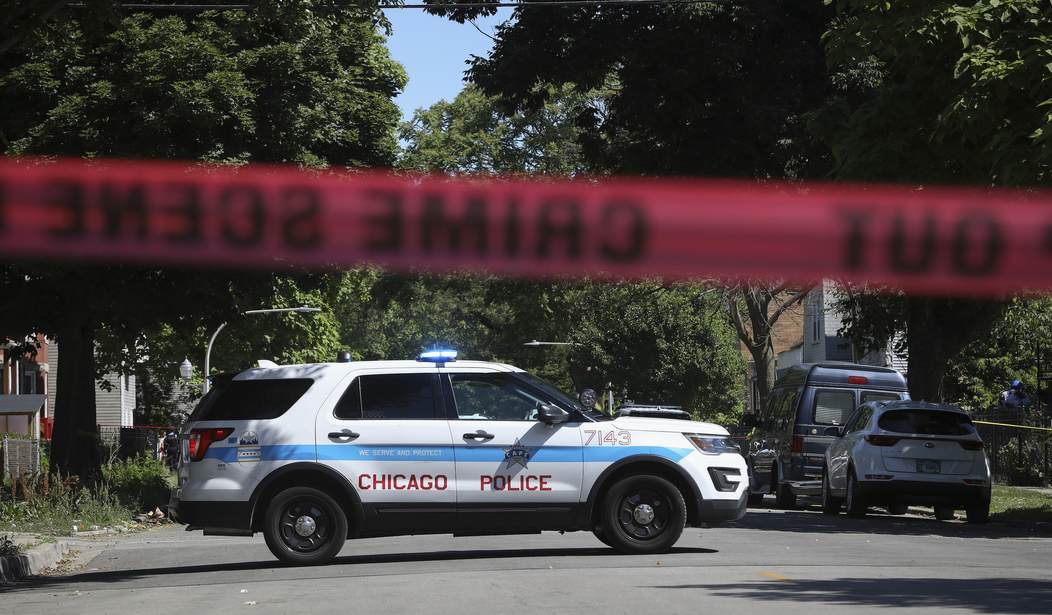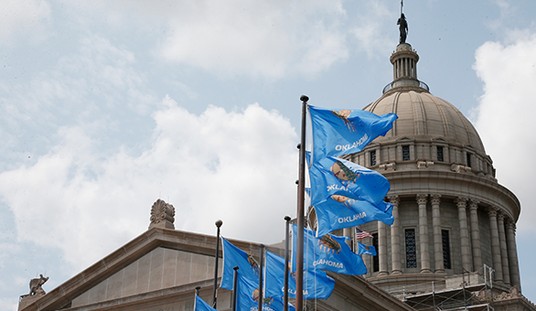When four students were shot at Chicago's Benito Juarez High School in December, 2022, police quickly responded to the campus. Two of the students were killed in the shooting, and police quickly learned that both the victims and the suspect all had a connection to the high school.
But according to a new report from the Illinois Answers Project, when CPD tried to access the school's surveillance cameras as well as talk to an eyewitness who'd previously spoken with school officials, those same Chicago Public Schools employees stymied their investigation. Specificaly, the report alleges school principal Juan Carlos Ocon and other administrators "told detectives that cooperating would violate CPS policy", and said they'd have to wait for approval from school district attorneys before they cooperated.
The delays — which have never been previously reported — cost investigators invaluable time to interview witnesses and gather physical evidence, law enforcement sources said. Police arrested a 16-year-old about eight weeks later in connection with the mass shooting after they saw him leaving a stolen car with a rifle. But between the slayings at Juarez and his arrest, he is suspected of taking part in another shooting, authorities said. He has pleaded not guilty in the Juarez shooting, and his defense attorney pointed to the delay in his arrest to question the strength of the case. Illinois Answers is not naming the teen since he was a juvenile at the time of the shooting.
Interviews with Chicago police and CPS sources and a review of thousands of pages of police and school records and emails, many of them heavily redacted, paint a scene of chaos at the site of the Juarez shooting and show how sharp disagreements quickly developed between officers and the school’s award-winning principal, Ocon.
Police told Ocon and CPS’ chief of safety and security, Jadine Chou, that the emergency of the shooting warranted their cooperation, and the disagreement set off a back-and-forth between high-ranking officials in both agencies that would stretch over months.
While police discussed having Ocon charged with obstruction of justice, they eventually decided not to, and CPS never disciplined Ocon, records show.
You can imagine the political firestorm that would have erupted if police had charged the high school principal with obstructing the investigation, which is probably why they didn't move forward. But as the Illinois Answers Project details, the lack of cooperation between the public school system and law enforcement in Chicago is also nothing new. One investigator even told reporters that public school officials view the Chicago Public Schools as a “non-extraditable Vatican within the city of Chicago.”
After about three hours, the school’s principal shared information about the former student suspected in the shooting, and police were eventually able to get video from the city’s 911 center. By the time Chicago police started getting at least some information, top brass scheduled a news conference at the district police station nearby. Police sources described this news conference as an attempt to present a unified front between CPS and the police despite the conflicts.
Much remains unknown about the afternoon of the shooting because CPS, CPD and other city agencies have either denied access to records detailing the investigation or have released only heavily redacted versions. Sources in each agency spoke on the condition they not be identified, citing agency rules forbidding media interviews and fearing retribution.
The Chicago Police Department declined to make any of its officials available for interviews and declined to answer questions about the mass shooting investigation.Even that night, after some of the disputes were resolved, police had doubts about CPS continuing to provide what they needed. A timeline of the investigation shared among homicide division supervisors shows police still were uncertain whether video existed from a CPS camera near the shooting.
Those doubts proved well founded. Ocon didn’t respond to detectives for weeks after the shooting, and other CPS staff ignored requests for interviews, records show. Frustrated with the pace of cooperation, detectives resorted to running parts of their investigation through the police department’s chief attorney, who sent requests for evidence to her counterpart at CPS.
School officials initially told police that a student who witnessed the shooting didn't want to speak with officers, though the Illinois Answers Project notes that the witness was "cooperative" when she was interviewed by officers in the following days.
Even some of the biggest critics of the Chicago Police Department say the school's stonewalling the investigation is troubling.
Ald. Byron Sigcho-Lopez, whose 25th Ward encompasses the high school, was at the scene of the shooting early on and said he recalled CPS officials telling him and detectives that CPS couldn’t show them the video because legal counsel advised against it.
His account mirrors that of police sources familiar with the investigation, who said CPS denied officers access to the video.Sigcho-Lopez said he didn’t see a sense of urgency from CPS in giving police access to video and information for their investigation. And though he’s one of the most vocal critics of the police on the City Council, he said that “has to be put aside on this.”
“Look, it’s an emergency, we need to see that video footage, you know. And look I got my own perceptions here,” Sigcho-Lopez said in an interview with Illinois Answers. “Politics aside, at that point to me, that was a priority right? To say, look, we need to solve this immediately.”
While the Illinois Answers Project says that an "informal" agreement on release of information has since been reached by Chicago Public Schools and the city's police department, there's still no formal policy in place. What's more, the Chicago Public Schools never conducted a review of the actions of the school principal and other officials at Benito Juarez High School, preferring instead to simply drop any further investigation into the matter.
Chicagoans already have to deal with some of the most draconian (and ineffective) gun laws in the nation, but the soft-on-crime mentality that permeates the city's politics only exacerbates the dangers residents face. In this case, a teen accused of murder was out on the streets for weeks after the attacks, and allegedly took part in at least one other shooting before police were able to take him into custody. If school officials hadn't erected roadblocks in the critically important first few hours of the investigation, authorities might have been able to arrest him sooner. Instead, thanks to government bureaucracy, the suspect was free to live his life for several weeks after he allegedly murdered two students and wounded two others.









Join the conversation as a VIP Member